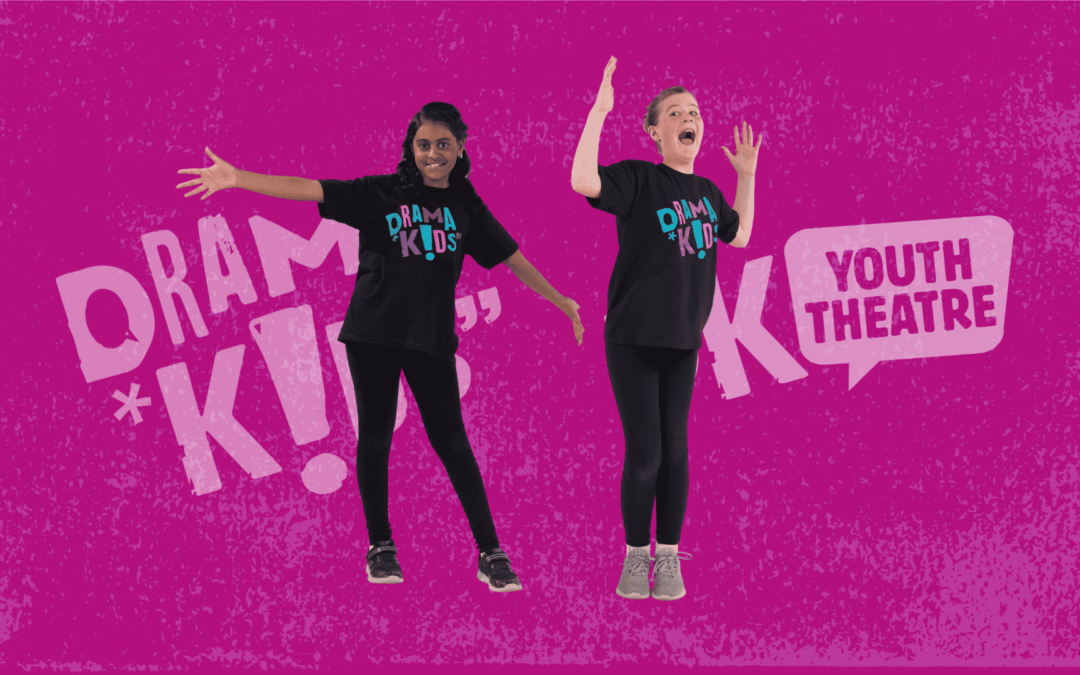Setting The Stage: The Crucial Role Of Warm-Ups In Drama Class
Picture this: a group of young actors enters a dimly lit room, their minds brimming with anticipation and excitement for the upcoming drama class. As they gather in a circle, the atmosphere is electric with creativity, but before the curtains rise and the characters come to life, there’s a crucial element that sets the tone for the entire session – warm-ups. Often overlooked, warm-ups play a pivotal role in the drama classroom.
Igniting the Creative Flame
Warm-ups infuse the energy needed for drama classes. When school has maybe made your teen tired and irritable, a good drama warm-up will bring them back to life.
These initial exercises, which can range from physical stretches to vocal exercises and improvisation games, help students to transition from the tired and grumpy to the active and joy filled.
Through guided movement and vocalisation, warm-ups encourage students to explore their bodies and voices in unique ways. This process not only unlocks physical and vocal potential but also stimulates the mind.
Fostering Unity and Connection
In drama, collaboration is key. Warm-ups serve as a bridge between individual experiences and shared creativity, uniting participants in a common purpose. As students engage in group activities, such as mirroring movements or participating in rhythm exercises, they become attuned to one another’s energies and responses. This heightened awareness of their peers fosters a sense of unity, trust, and camaraderie that is essential for effective ensemble work.
Through laughter and shared challenges, warm-ups break down barriers and create a supportive environment where students feel comfortable expressing themselves and taking creative risks. These experiences lay the foundation for collaborative endeavors throughout the drama class and beyond, teaching young actors the value of teamwork and empathy.
Preparing for Performance
Warm-ups help students overcome nervousness and stage fright by focusing their attention and calming their nerves. As they engage in mindfulness techniques and breathing exercises, young actors learn to centre themselves, building the mental resilience necessary to step confidently into the spotlight.
As the curtain rises on each drama class, warm-ups take centre stage, serving as the foundation upon which creativity, collaboration, and skill development flourish. These seemingly simple exercises play a profound role in igniting young actors’ creative flames, fostering unity, preparing for performance, and cultivating essential life skills. The next time you step into a drama class, remember that the journey begins not with the first line spoken or the first movement executed, but with the transformative power of warm-ups.
By Eleanor Wemyss

